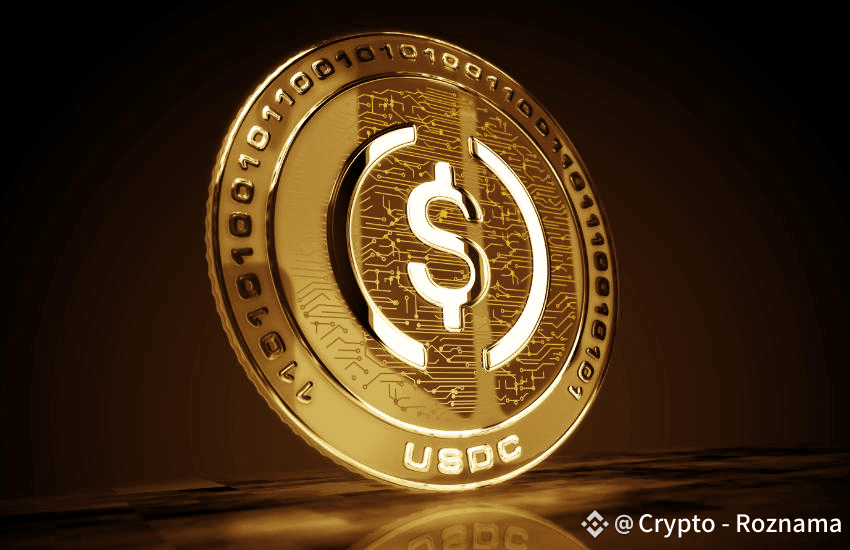Venezuela has been looking for ways to move money outside the traditional banking system due to U.S. sanctions. One option they use is USDT (Tether) – a stablecoin tied to the U.S. dollar 💵.
But here’s the problem ❗
👉 Tether is not fully decentralized.
👉 The company can freeze or block wallets if the U.S. (through OFAC) asks them to.
👉 Even if you own the private keys 🔑, Tether can still stop your funds.
⚡ In July 2025, Tether already froze $2.9B linked to illegal activities or government orders.
⚡ In 2023, over 160 wallets were blocked.
USDC (by Circle) has done the same.
For Venezuela, this is risky 😬:
The Central Bank might be using USDT for oil deals, but it’s not confirmed.
Citizens and companies are using USDT more and more because inflation hit 85% in 2024 📈.
Many people trade bolívares ↔ USDT in WhatsApp groups, some even get salaries in USDT 💼.
💡 Economist Asdrúbal Oliveros says this is transforming the Venezuelan financial system. But at the same time, USDT’s control by one company means huge risk — “like giving your house key to a stranger and hoping they don’t change the lock” 🏠🔒.
So while USDT brings quick solutions ✅, it also comes with hidden dangers ❌.
